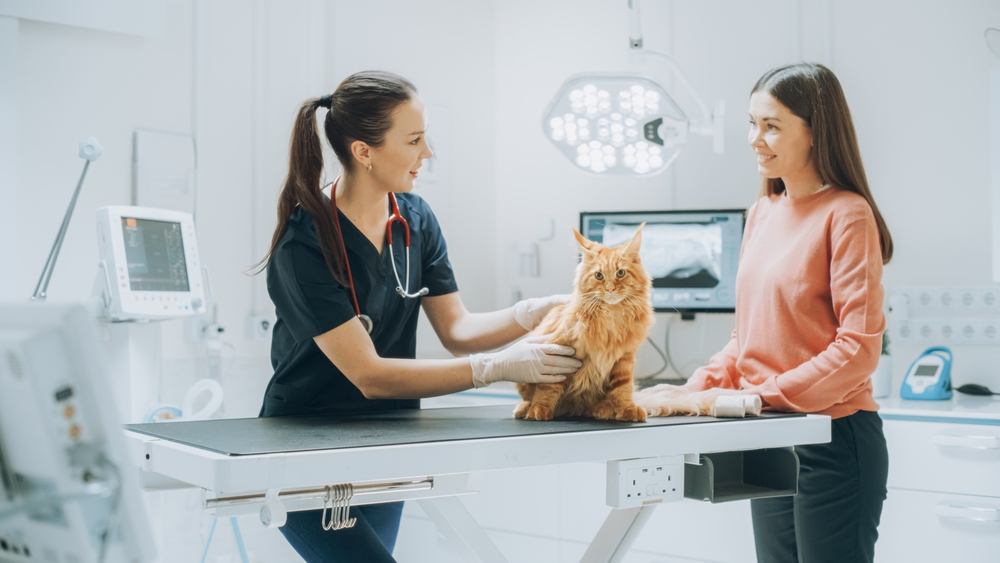
The American Society for the Prevention of Cruelty to Animals suggests proper preparation before scheduling your cat for any procedure. Knowing and understanding surgical procedures can help prepare you and your feline friend for their appointment.
Neuter or Spay
This is the most common type of surgery for cats. Spaying sterilizes the female cat. It involves the removal of the cat’s uterus and ovaries. Neutering sterilizes the male cat and involves making incisions on the cat’s scrotum and removing the testicles. Both neutering and spaying may or may not require external sutures.
Neutering or spaying makes cats better indoor pets. By removing the biological need to roam, be aggressive and mark territory, your cat will be more relaxed.
Bladder Surgery
Some cats are vulnerable to developing bladder issues like clots, stones or tumors, which can cause life-threatening consequences. Luckily some diagnoses can be resolved by a surgery called a cystotomy. This procedure can also repair a bladder rupture and any trauma to the bladder.
Fracture Repairs
It’s an old wives' tale that cats always land on their feet! Sometimes cats cannot land safely from a high ledge or may suffer from some other kind of trauma. Cats tend to mask their pain, so you may not know they have a fractured leg until it becomes infected or inflamed. Fractures may need surgery if the bone has moderate to severe damage. We might recommend a specialty surgeon if your cat’s fracture requires plates, screws, or pins to keep the bones in place until the area heals.
Tumor Removal
Just like any other living thing, cats can develop tumors, which are abnormal growths that are cancerous or noncancerous. We may suggest removing the tumor to make your cat comfortable.
For a skin mass, our veterinarian would through the skin that surrounds the mass, remove the mass and close the incision with sutures. There will be sutures outside and inside the skin. Most cats do very well after this type of surgery.
Wound Surgery
Skin infections may occur in cats after being wounded during a fight. Wounds that develop an abscess may need surgical wound repair. There will be bruising and redness at first, but this will resolve within a few days. This procedure can help the area heal faster.
Preparing for Surgery
Usually, we will instruct you not to feed your cat after dinner the night before surgery. Withdraw water that morning.
At Border Animal Hospital, we pride ourselves on the high quality of care we give our feline patients. Bring your beloved cat to our clinic in Weslaco, Texas, for an in-person consultation. Please call 956-968-3858 to set an appointment.









